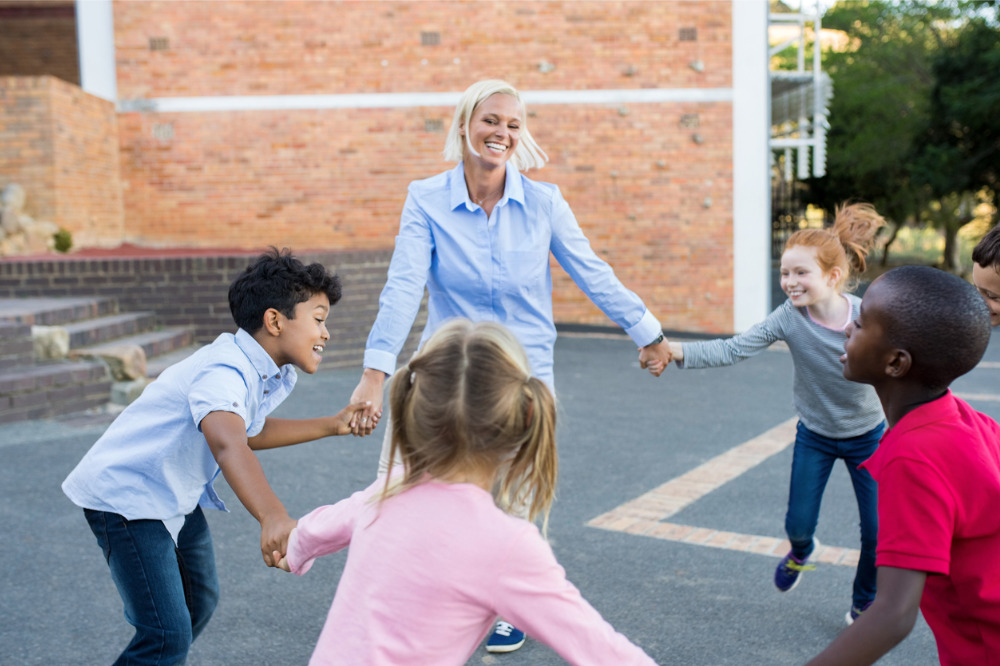
‘Playworlds’ can help students focus their attention and resist distractions, a new study by Monash University shows.
Playworlds are a form of adult-child joint play in which adults and children enter into a common fantasy that is designed to support the development of both adults and children.
These narrative-based role-playing activities have shown to help students perform challenging tasks and improve their cognitive functions, thus boosting their chances of academic success.
The research, conducted by Laureate Professor Marilyn Fleer et al, with researchers from Monash University and Queensland University of Technology, involved two studies at different preschools in Melbourne and included nearly 100 participants.
Perhaps the most important finding of the study was that Playworlds can help improve Executive Functions – processes that help people organise and self-regulate. This could include planning, focusing on a goal, restraining natural responses, and acts of short-term memory – crucial skills in any classroom.
Professor Fleer said the research has some important implications for principals who are looking for new ways to improve the ‘state of play’ and academic outcomes in their schools.
“Principals contact me all the time asking about how to introduce play into the curriculum. Our research shows that teachers in school need a range of tools for supporting their curriculum,” Professor Fleer told The Educator.
“A Conceptual PlayWorld is an evidence based model that is motivating for children and exciting for teachers. Learning of STEM, for instance, becomes meaningful and doable in a Conceptual PlayWorld”.
Professor Fleer said the presence of Playworlds in Australian schools is becoming more common as the initiative expands its reach.
“We are rolling out free professional development to more than 3,000 early childhood educators to support them with the important work they do,” she said.
“Our team already supports 750 educators who joined our closed FB for educators, and we have many resources to support them”.
Professor Fleer said previous studies targeting EFs have documented strong effects for children with poor EF skills.
“Integrating EFs through meaningful and sustainable intentional teaching practices may be a means to lessen inequalities between disadvantaged children and their peers that can become evident at school entry and beyond,” she said.
“Because Playworlds are inexpensive and can be built into children’s play time, we are optimistic that they can be used regardless of a school’s socio-economic status”.


